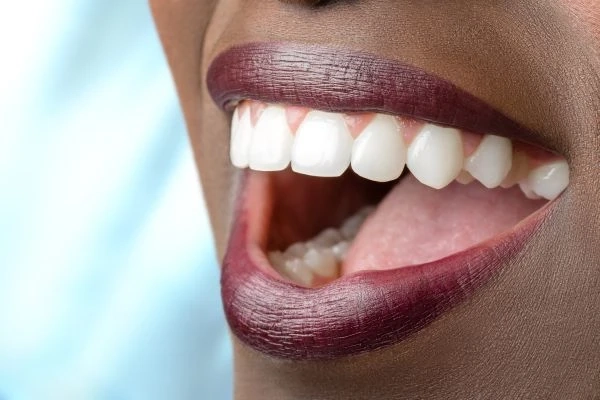A whole-mouth reconstruction is an option for many individuals who have lost several or all of their teeth. These procedures can dramatically improve a person's appearance. The benefits of a full-mouth reconstruction can be priceless, including improved functionality, social comfort, and self-confidence. This article will discuss the reasons you may need this procedure and the questions to ask your dentist. Read on to learn more. After reading the article, you will have more information about the cost of a whole mouth restoration Montevallo al.
Cost of a full-mouth reconstruction
The cost of a full-mouth reconstruction depends on a number of factors, including the location and type of practice. In addition to the complexity of the procedure, it can take several months to complete. While dental insurance usually covers restorative procedures, it is important to check with your provider to see if they cover your full mouth reconstruction. Third-party financing options may also be available. If you have good dental insurance coverage, you may be able to receive up to 50% of the cost of your full-mouth reconstruction.
A full-mouth reconstruction includes several dental treatments to restore the health of your smile. While the price varies greatly, medical insurance may cover some or all of the cost. Your overall health and the condition of your teeth and gum tissue will affect the cost of your reconstruction. In addition, the overall experience will be less invasive, which can significantly reduce your expenses. However, you should not go without medical insurance if you can avoid it.
Common causes of tooth loss
According to a study by Aderinokun and Dosumu, the most common cause of tooth loss is trauma. After trauma, tooth decay is the second most common cause. Those with periodontal disease have the lowest incidence of tooth loss. In this study, we assessed the awareness of patients about four common dental problems resulting from missing teeth. We questioned patients' perceptions of these dental conditions and how their education level impacted their awareness of these conditions.
An infection in the gums is another common cause of tooth loss. The presence of bacteria on the gums allows harmful bacteria to move into the mouth and destroy the bone that supports the teeth. Because of this, losing a tooth from periodontal disease is the worst possible situation. Hence, it is essential to visit the dentist as often as possible. You can also mention any oral conditions, diseases, and lifestyle factors to your dentist to get a proper diagnosis.
Procedures involved in a full-mouth reconstruction
Several factors can influence the outcome of a full full-mouth reconstruction. For instance, the esthetic appearance of your teeth can be affected by an issue with your jaw bone. If this is the case, your jaw surgeon can use bite reprogramming orthotics or orthodontics to correct the problem. In some cases, you may need to correct an issue before undergoing a full-mouth reconstruction. Whether you are experiencing pain while sitting in the dentist's chair or are highly anxious, you can request sedation dentistry.
During the initial consultation, your dentist will determine which procedures are necessary. However, you may require other treatments to achieve the same result. For example, you may need prophylactic teeth cleaning, periodontal care, and gum tissue contouring. These treatments may be covered by your dental insurance. If your smile has been affected by a previous accident, the dentist will need to fix it before starting the reconstruction. The entire process can take several months to a year. To make sure that you receive the best results possible, ask your dentist about all treatments that are involved.
Questions to ask your dentist about a full-mouth reconstruction
A whole mouth restoration Montevallo al reconstruction involves multiple procedures, and healing and recovery times can be lengthy. Before choosing this treatment, ask your dentist several questions to ensure that it is the best solution for your needs. If you have a significant amount of damage or missing teeth, you might need more than one procedure. However, if you only have a few small problems, you may only need one or two procedures. Here are four questions to ask your dentist about a full-mouth reconstruction.
First, share your entire health history with your dentist. You may need to discuss any underlying conditions with your dentist, such as autoimmune disorders or heart disease. Anesthesia may be required for the procedure, and your primary care physician should be consulted before the surgery. Patients aged sixty-five or older are at a higher risk of having problems with their mouth structure. You should also discuss any current medications you may take with your dentist.
0



